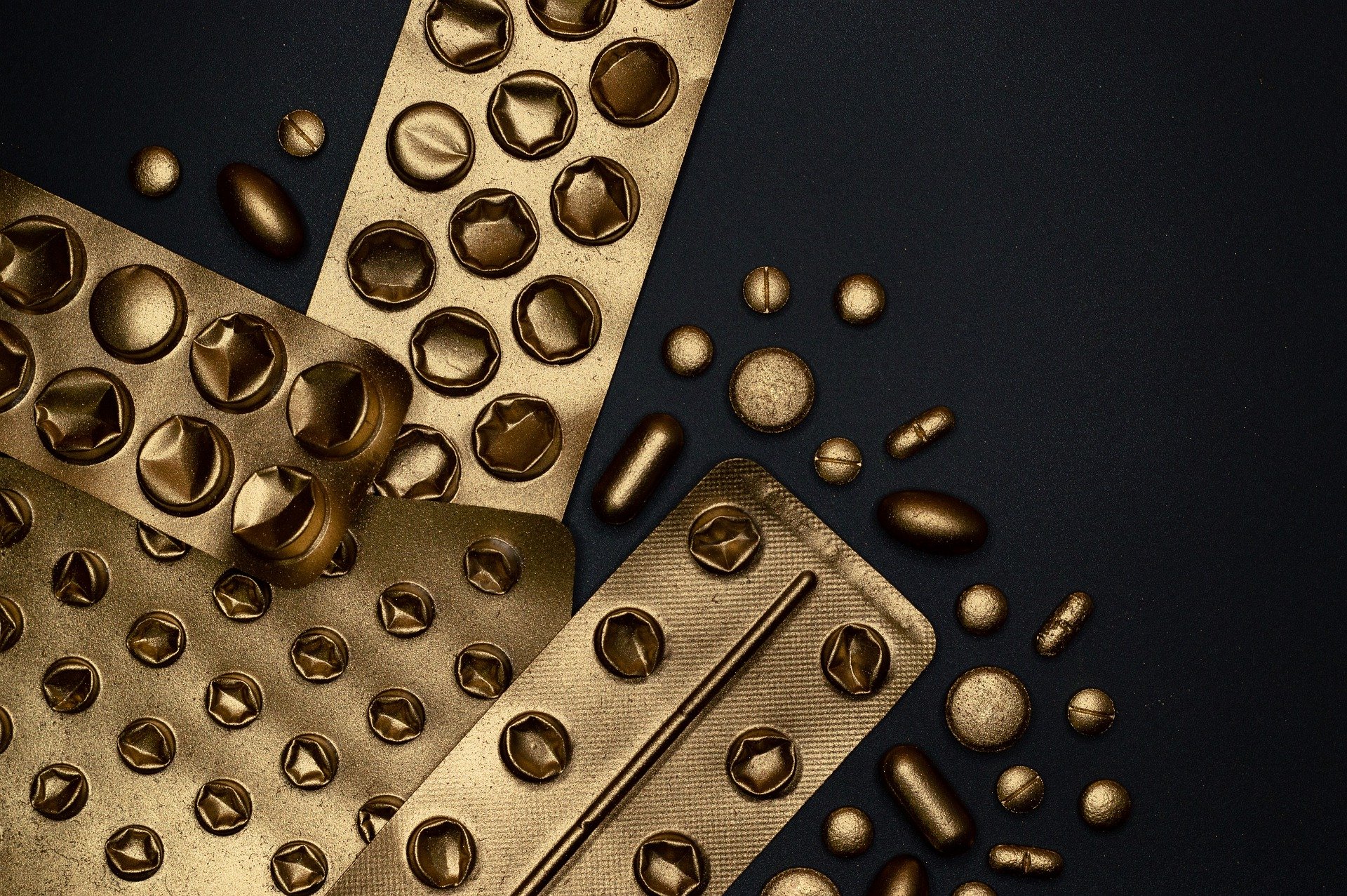“If you can’t hide something, learn to talk about it.” – Czech truth.
When I turned 18, my spiritual auntie, the one that liked to inspire me to seek some kind of divine feminity, had a special wish for my birthday.
She told me that the human brain is wired in a way that makes us remember pain more than pleasure. That makes us appreciate things that we had to work hard for. So her wish for me was that true love in my life comes through pain and suffering so that I really value what I end up with. Not sure if it was her making, but I wouldn’t mind if that wish did not come true.
Some three years ago I was diagnosed with PMDD. It is a condition which makes women experience severe anxiety in the days between ovulation and menstruation. Presence of progesterone does something to the GABA receptors in the brain, so they no longer work. They also soak up all serotonin from the body. As a result two weeks after ovulation result in hypersensitivity, irritability, depression and insomnia. The remaining two weeks in turn are characterised by adrenal burnout. And all that when there is a reason for oxytocin increase – someone close, like a partner, a friend, a relative or a pet.
PMDD is like an evil twin sister that steps into my life and turns me into a screaming banshee for two weeks out of the month. If I get lucky, it may sync with the moon, so I can claim it is the fate of a werewolf. But it is not something I can swipe under a carpet. If neglected, it will hound me down by the way of the next month’s cycle.
This experience is all about getting used to broken sleep, hypervigilance, acne, excess hair, skin and breast tenderness, dizziness, fatigue, irritability, forgetfulness, painful periods, anemia – and coming up with ways to counteract that, accepting this is my reality. I have learned more body hacks than I would like to, I might as well become a doctor.
PMS/PMDD may exist to break infertile relationships. But in the world of fast food and fast media, we take our relationships slow. They do not live long enough for us to procreate. While the exact origin of PMDD is not exactly known, there are indications excess prolactin is to blame. There have been cases of improvement following the removal of prolactinomas.
Prolactin happens to be the hormone of stress but also attachment. You can imagine all the disrespectful dates I should have walked away from, but instead my heightened sensitivity to ostracism made me stay with a manipulation-prone male.
Not for long – these relationships get torn to pieces anyway. That means partners that my evil twin has sent to hell, highlighting all intentional harm and stupidity induced imbalance. Turns out a lot of men lie and while normally it would not bother me (everybody lies), now it does. Most of that felt drama is usually true, but my body tricks me into fights instead of detaching from the lousy partner. It only happens that our narcissistic high-context societies treat fights as blame assumption. All it does is it takes away the opportunity for my partner to improve and meet me halfway.
Men turn into monsters after the first fight. It feels like women with PMDD are the only ones able to comprehend emotional reactions and their relation to “this time of the month” – perfect experience of relativism. I end up being forgiving and understanding, giving my best and accepting mediocrity out of my guilty feeling. PMDD invalidates my right to ask for anything because in the days before the period I ask for everything.
It is the feeling of discontinuity, living in the moment, because “me” from a month ago had a completely different experience of reality than “me” now. But I miss those that I pushed away and dreams that I had to bury.
As soon as I find the right treatment, it is easy to forget I have it and neglect the medication. Part of me is ashamed of having this condition, does not want to admit 5-8% women worldwide actually have a thing that makes them what they are being loathed for. Or whatever, in Arab countries it is 15%. When I remember this is what it is, I may magically go through the month symptom-free. Probably the strongest argument supporting yoga as a mindfulness tool in combat against PMDD.
PMDD is about being ridiculed by the doctors who dismiss the entire field of endocrinology and just fail to understand how contraceptives can make it much worse. It is like they refused to educate themselves on studies from the last 10 or 20 years that state they are actually hurting us.
It is about having to prove to everyone that I am not a horse as well as getting lectures about avoiding salt to reduce bloating. Believe me, I don’t mind being bloated. If this was the price for peace and happiness, I would love to pay it.
“I am not what happened to me. I am what I’m choosing to become.” – Carl Jung.
PMDD made me incredibly brave, eager to try whatever gives me a chance of having a normal life. I have a choice: be brave alone or get depressed and die. So I keep trying. PMDD is like a karma, accelerated course that makes me fast forward my lessons. There is more than one way of getting the message across, not just anxiety and drama. In the aftermath, it is my self love and self trust that needs healing.




Pingback: Never stop giving thanks for gifting relationships – Showing up every day
Pingback: PMDD – Showing up every day